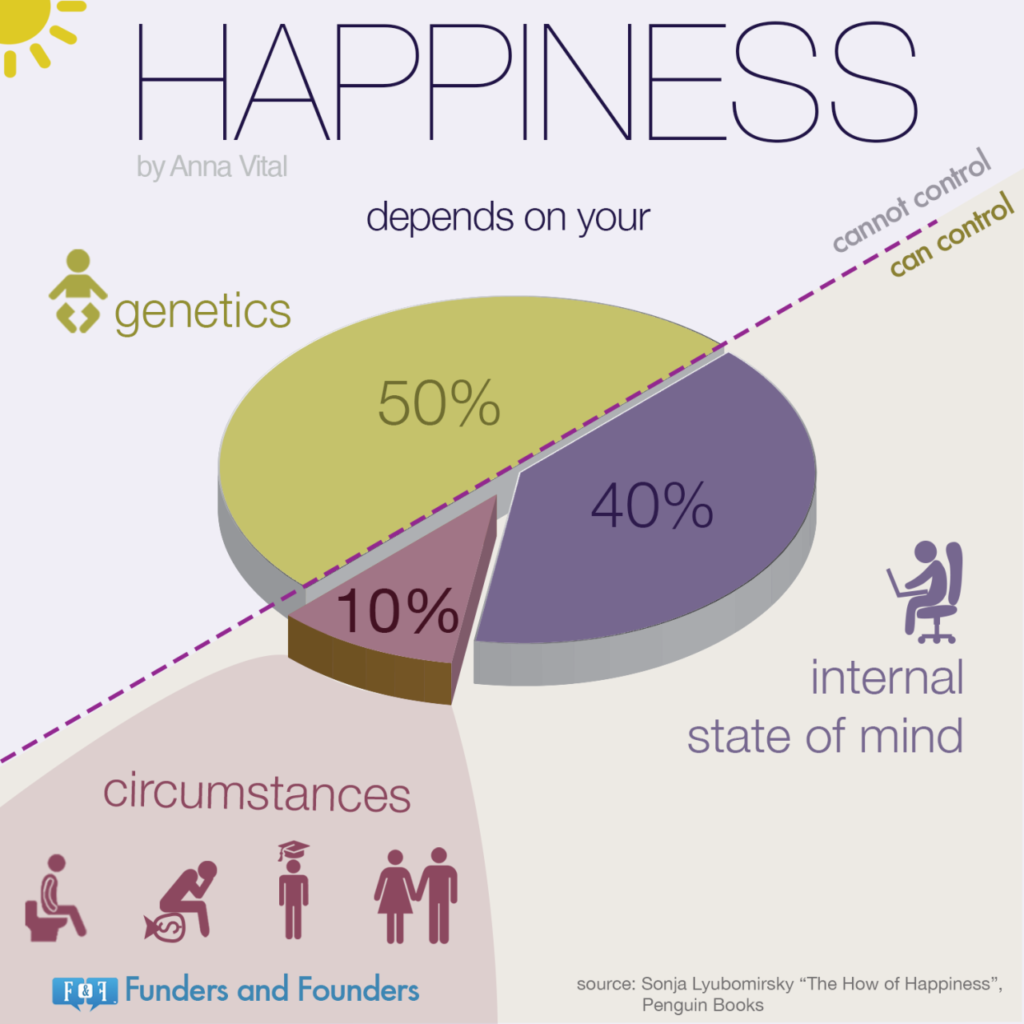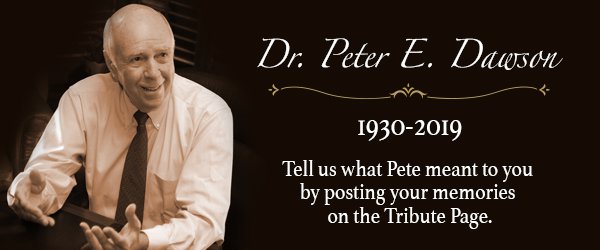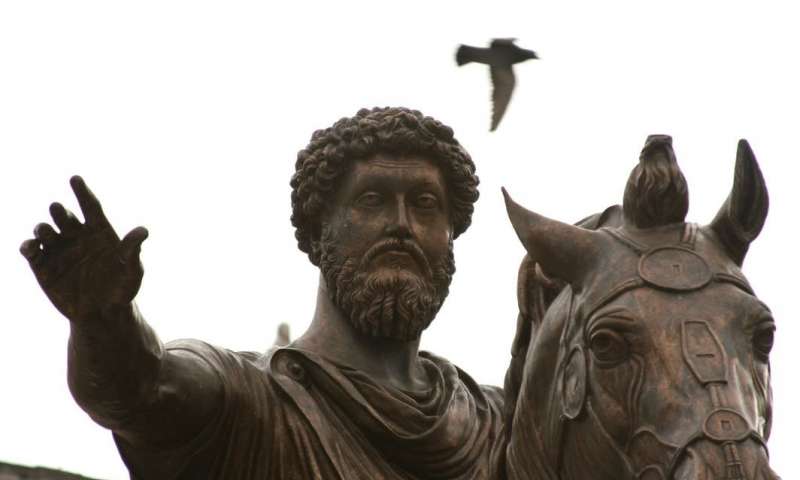
When did dentistry change from a profession into a business? Well, I guess it has always been a business it just seems that today it’s primarily a business rather than a vocation, a calling or a profession. When did the meaning of dentistry become what it matters to the dentist rather than the patients?
Let me give you an example. I am a diabetic and every time I go to my endocrinologist I pass a dental office that caters to Dentistry for Diabetics. I always wondered about what that office does different than other dental practices. Do they just treat diabetics? Do they focus on special diets? What makes them unique? What is their value proposition?
One day my endocrinologist asked me the same question. Both of us wondered what made this office unique. Both of us were aware that diabetics do have special concerns however we both never heard of a dental specialty for treating patients with diabetics. Through further investigation I found that the concept was originally created by a marketing guru who was selling the concept to dentists.
So what’s new?
Over the past fifty years the focus has turned from patient care toward business and marketing. Years ago, dentistry was protected from “outsiders.” Not today. Non-dentists are allowed to enter the field and literally take over through retail tactics, unethical marketing and even ownership of dental practices depending on the state practice acts.
So what’s new?
What’s new is that some dentists are making incredible amounts of money. And others are suffering through the worst era of burnout and depression that the profession has ever known. The numbers are staggering. Where will that take the profession in twenty or thirty years? What will happen to passion, purpose and mastery.
Author Jacob Needleman in his book Money and the Meaning of Life said that money is important, it is emotional and desirous but it is secondary. Secondary? To what? you say. Whatever is primary. Primary includes all of those spiritual things that we cannot touch and feel like purpose, passion, mastery and happiness.
So then if business, money and marketing isn’t the royal road to happiness for many or most dentists, what is?
In her 2007 book The How of Happiness, positive psychology researcher Sonja Lyubomirsky elaborates, describing happiness as “the experience of joy, contentment, or positive well-being, combined with a sense that one’s life is good, meaningful, and worthwhile.” That would be the opposite of burnout and depression.
She describes happiness in the pie chart at the top of this post. A full 50% of our happiness is fixed or set through genetics. Some of us were born lucky…others not so much. No matter how well you eat or sleep or how much you meditate or exercise, that 50% doesn’t change.
Ten percent is dependent on our current circumstances whatever they are. Okay let’s say that you consistently can’t make your payroll, or you haven’t had a new patient in a month or your staff is holding you hostage. Well, those are fairly common circumstances these days. But are they worse than the circumstances than Holocaust survivor Viktor Frankl or POW John McCain had to endure? The question then is how to survive horrendous circumstances.
The answer is the sacred 40%
That 40% are the source of our thoughts, feelings and actions. The Stoic philosopher Epictetus said this is all we truly own. It is the source of all of our reasoned choice. When we don’t take control of our thoughts and feelings and what truly matters, our actions, then we become victims of our genetics and our circumstances. A full 40% of our well-being is volitional – we have total control. Forty percent is a lot.
Viktor Frankl the author of Man ‘s Search for Meaning said it best: “Everything can be taken from a man but one thing: the last of the human freedoms—to choose one’s attitude in any given set of circumstances, to choose one’s own way.“
This is the heart and our of Stoicism. Knowing this isn’t good enough. Applying our freedom of choice is the key no matter the circumstances. The sacred 40% is where our freedom lies.
 Download Our Free E-Book
Download Our Free E-Book






